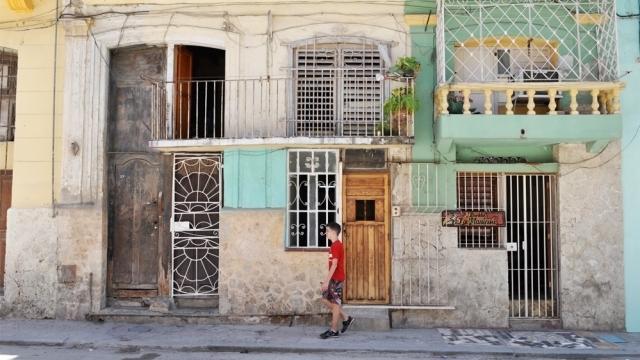
The question of repair is central to the Australian built environment. Repair is funded through government Home Builder schemes to enable renovation and made acutely necessary following environmental events such as the Black Summer bushfires of 2019/2020, when 3,000 homes destroyed and 5.52 million hectares burnt, or the 2022 Lismore floods that destroyed 4,000 homes. When we rebuild and renovate houses however, we neglect that before homes destroy, they are destructive. Currently the built environment, its construction and operation, generates 40% of annual global CO2 emissions. Before homes are burnt in Australia, we live in homes to which we are unable to repair because they have become sites of planetary disrepair. Recognising this paradox, my research explores the ‘repairability’ of an environment that breaks. Articulating four typologies of repair – breaking, preparing, remembering, cracking – I aim to offer a renewed definition of what is ‘repairable’ in the built environment by interrogating what it is to be ‘broken.’
Lucy Benjamin is a postdoctoral research fellow in architectural theory at the Melbourne School of Design, University of Melbourne. She has a PhD in comparative literature from the University of London (2021). She has published in Arendt Studies, Philosophy Today, Approaching Religion, and MAI: Feminism and Visual Culture. Her current research explores the conditions of repair in the built environment and the possibility of repairing to a damaged planet. She is an executive board member of the Melbourne School of Continental Philosophy and Australian Society for Continental Philosophy. She is an editor for Parrhesia and editorial assistant for Philosophy, Politics and Critique, published by EUP.
Location
Speakers
- Dr Lucy Benjamin, University of Melbourne